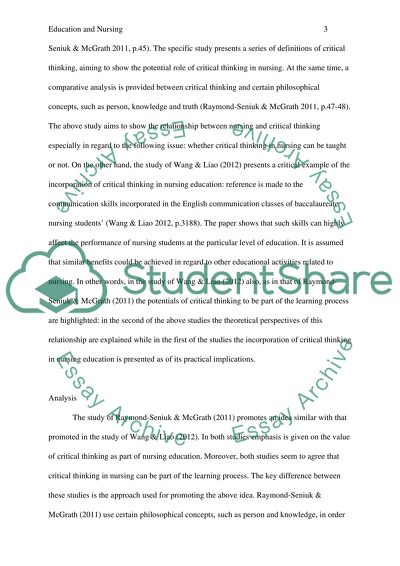Cite this document
(“Nursing Assignment Example | Topics and Well Written Essays - 500 words - 7”, n.d.)
Retrieved from https://studentshare.org/nursing/1602315-nursing
Retrieved from https://studentshare.org/nursing/1602315-nursing
(Nursing Assignment Example | Topics and Well Written Essays - 500 Words - 7)
https://studentshare.org/nursing/1602315-nursing.
https://studentshare.org/nursing/1602315-nursing.
“Nursing Assignment Example | Topics and Well Written Essays - 500 Words - 7”, n.d. https://studentshare.org/nursing/1602315-nursing.


